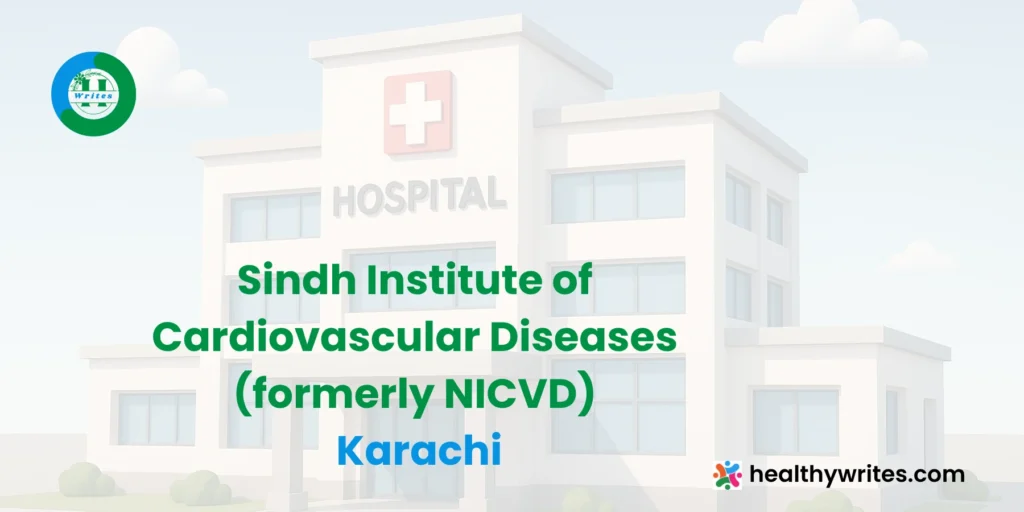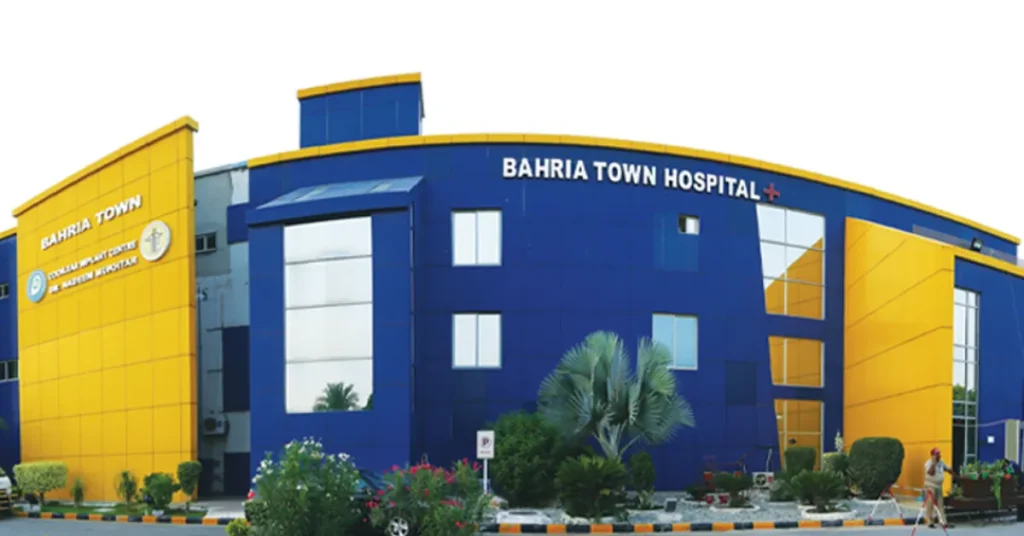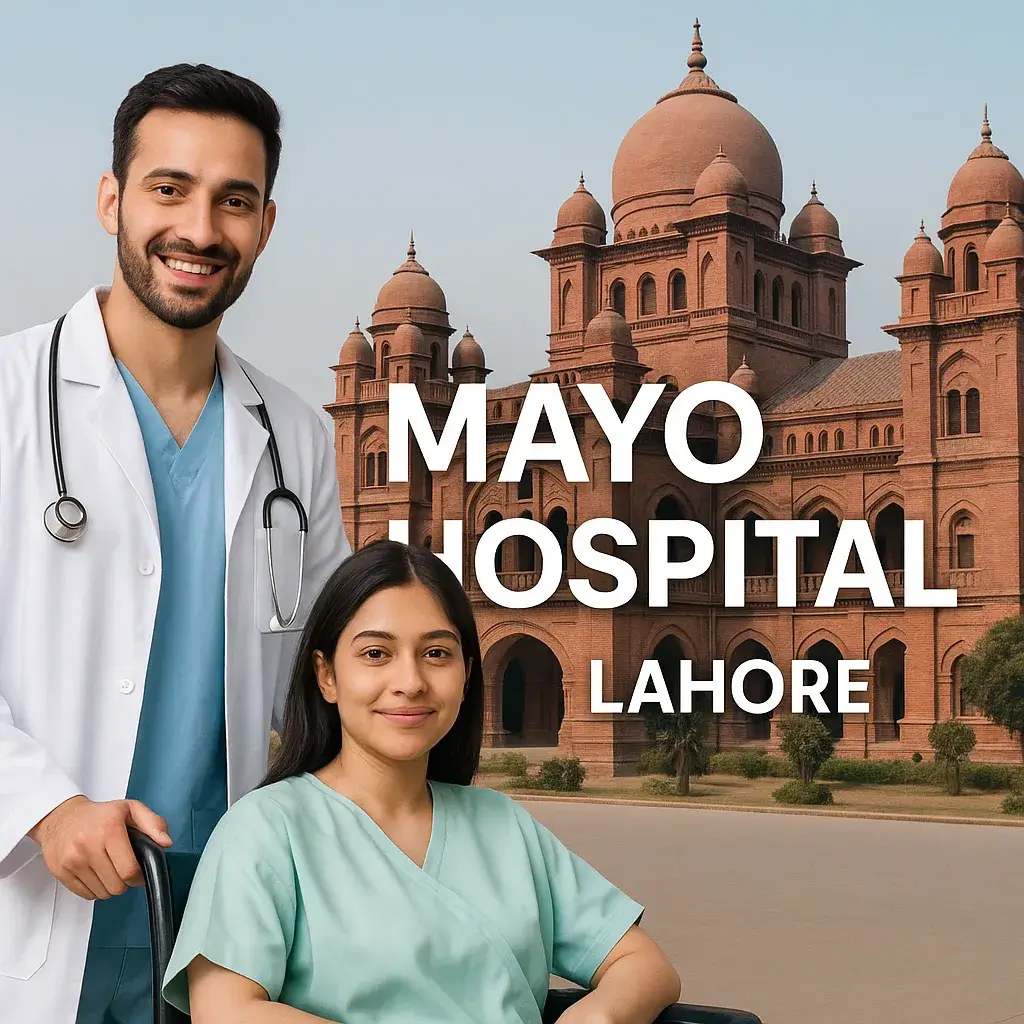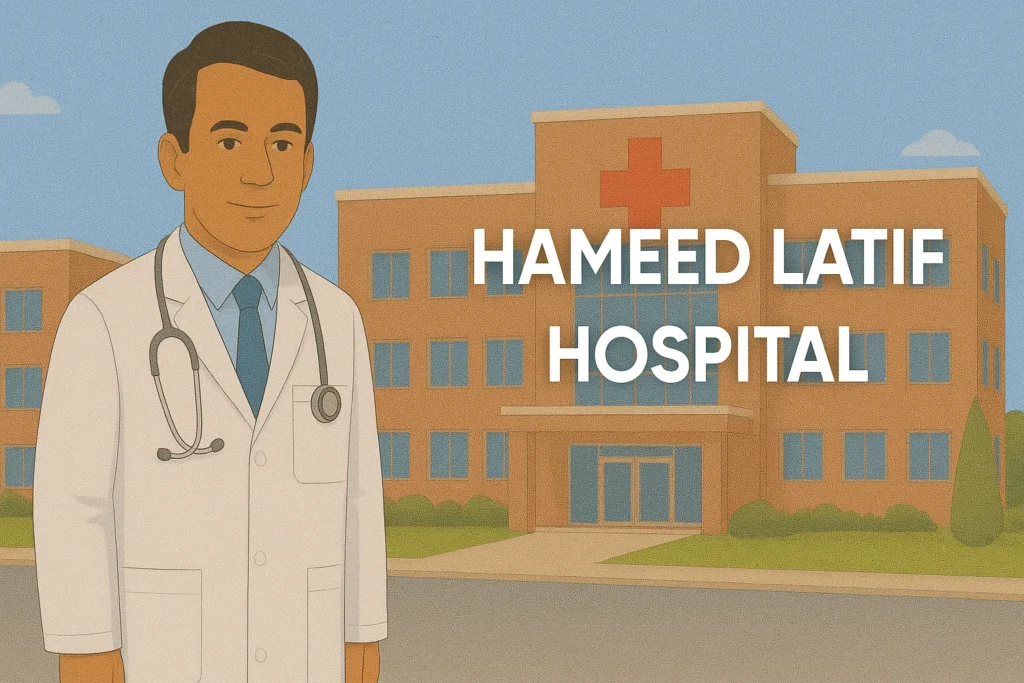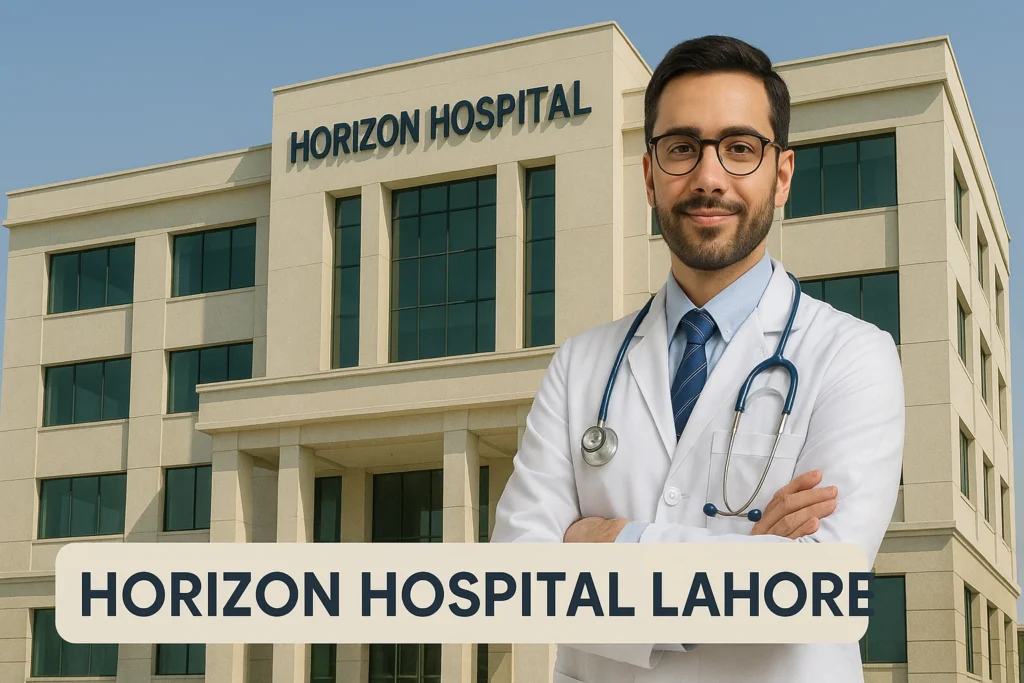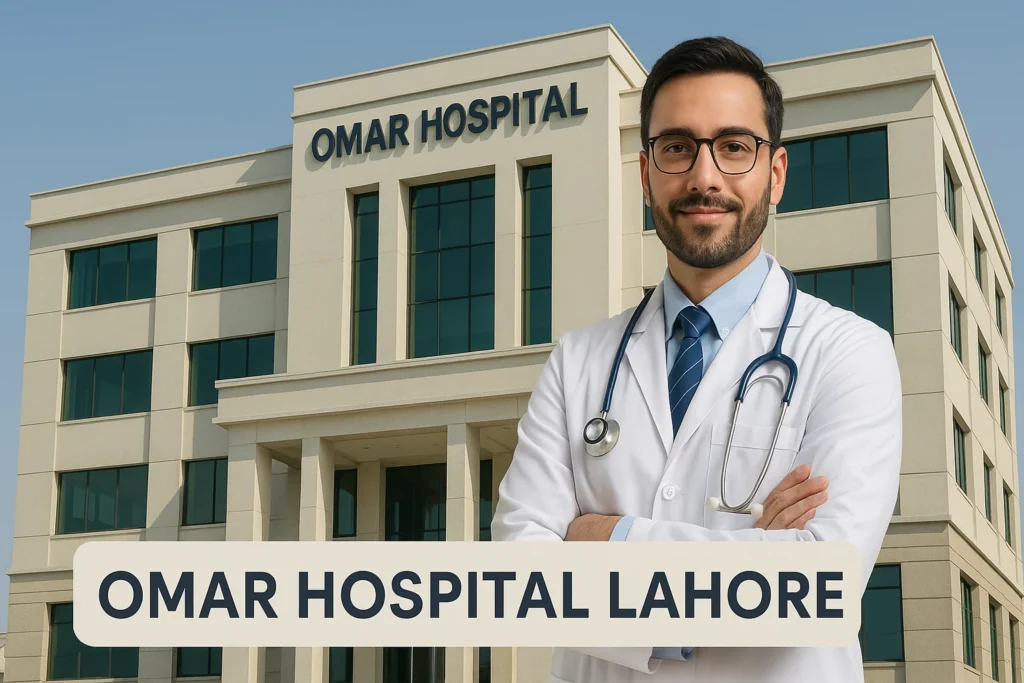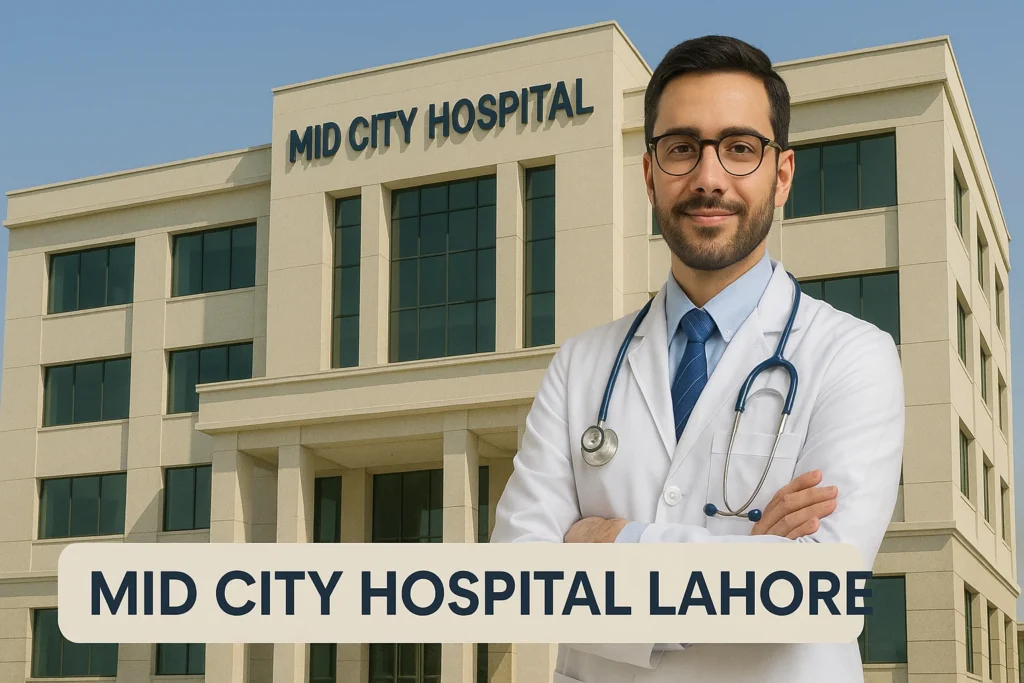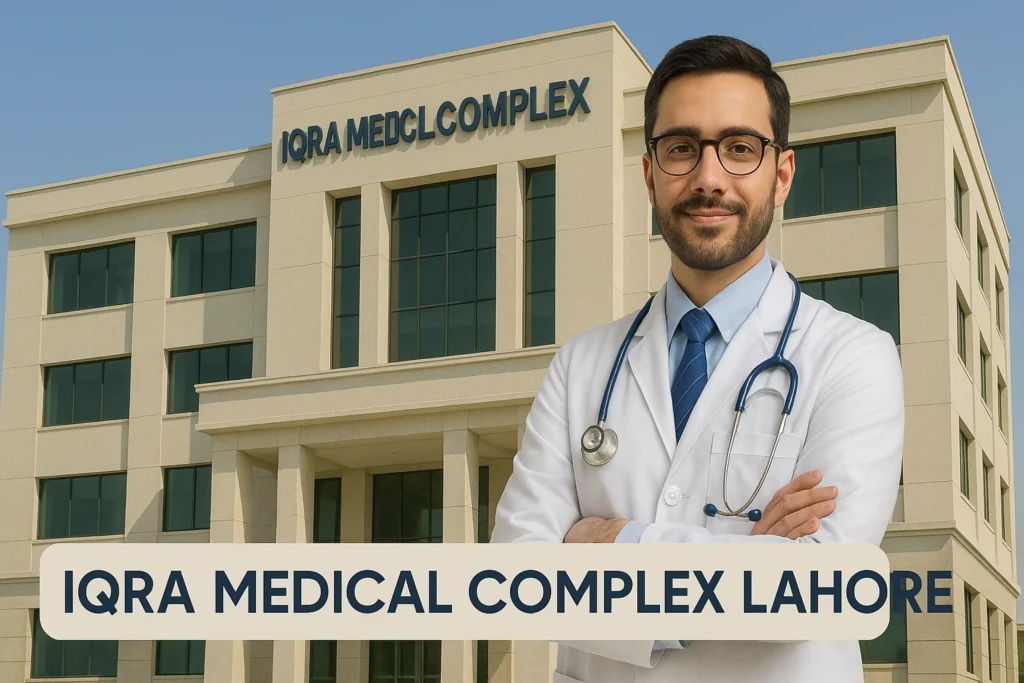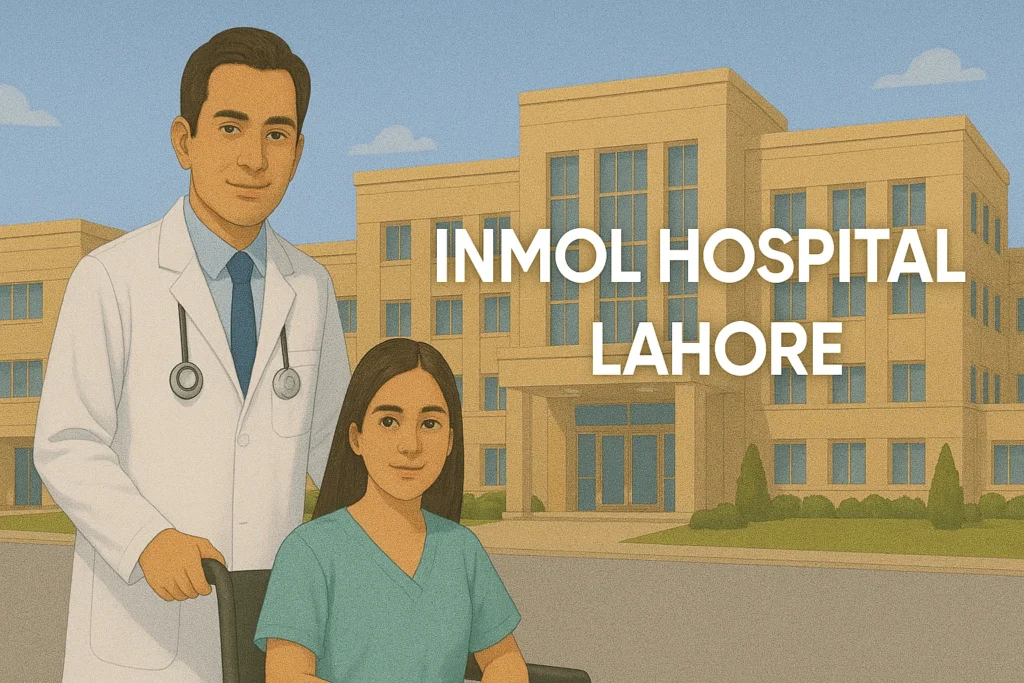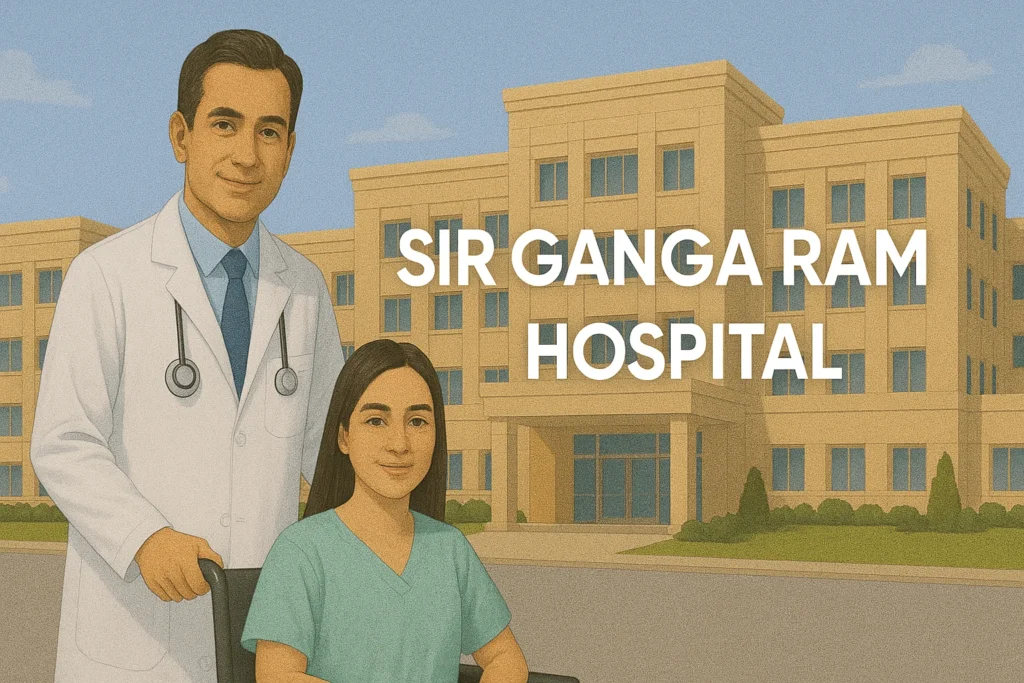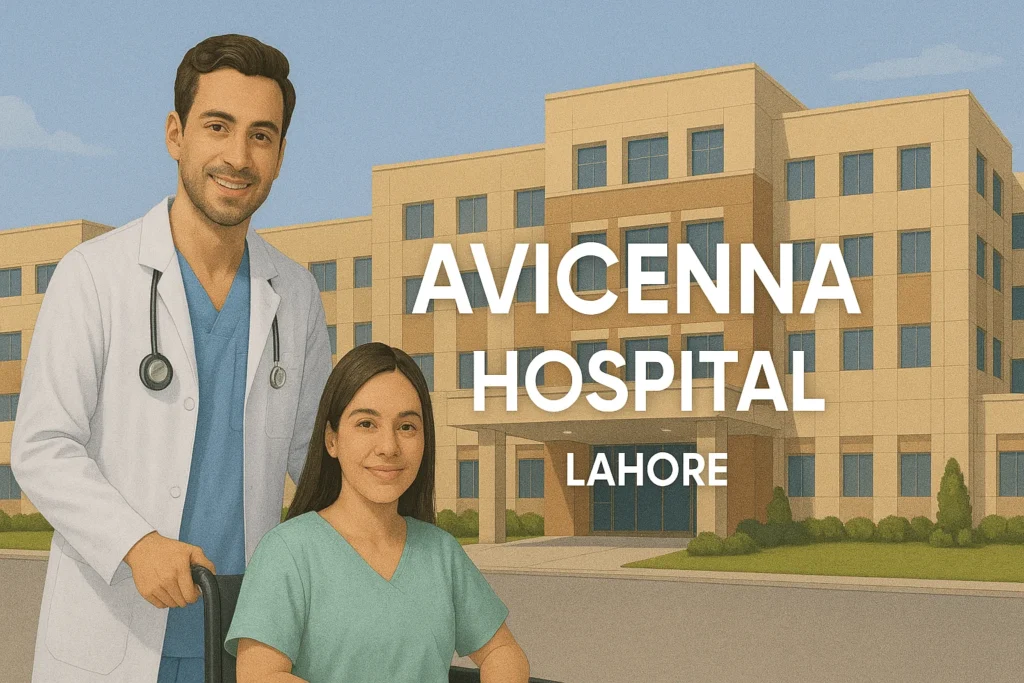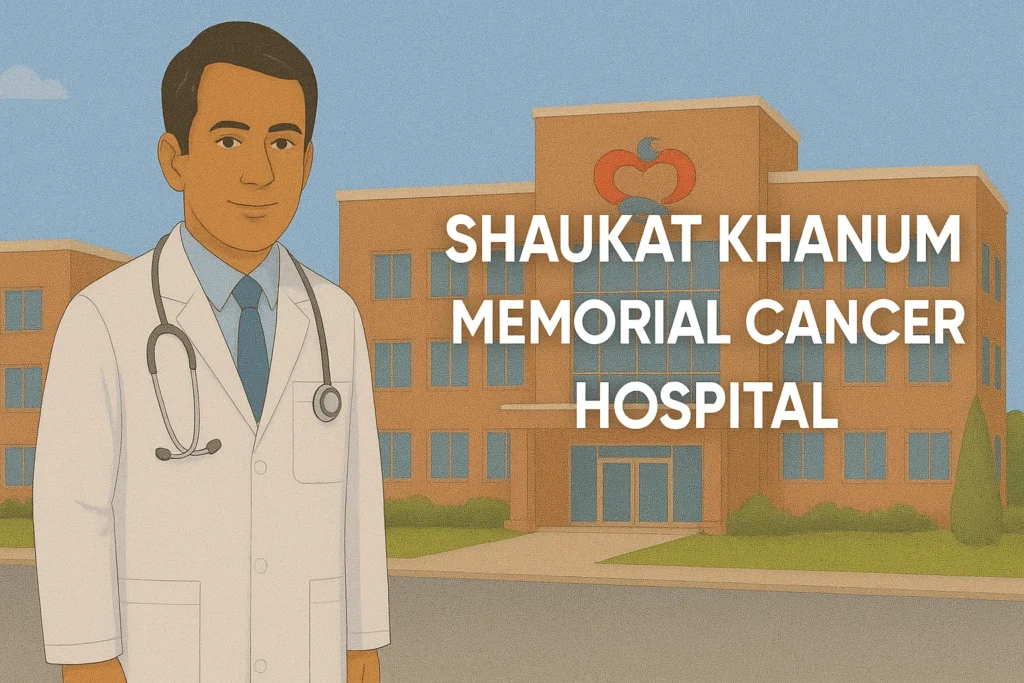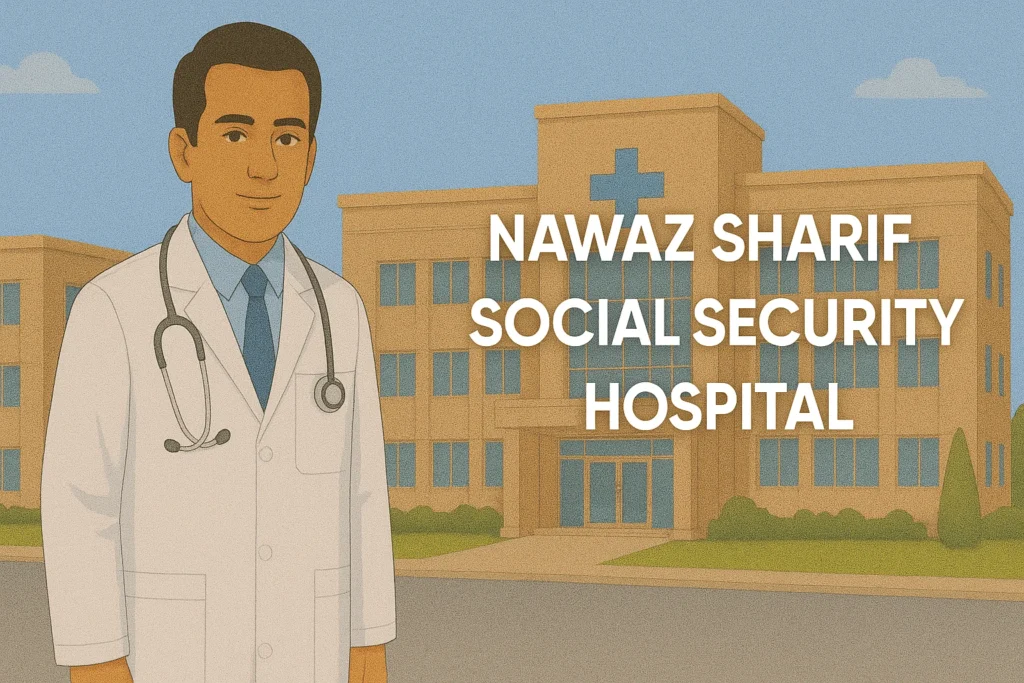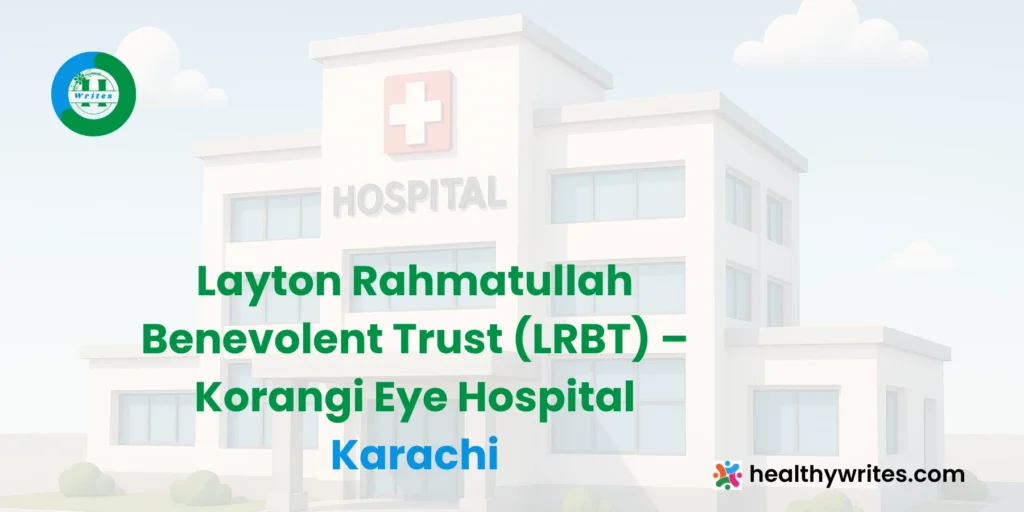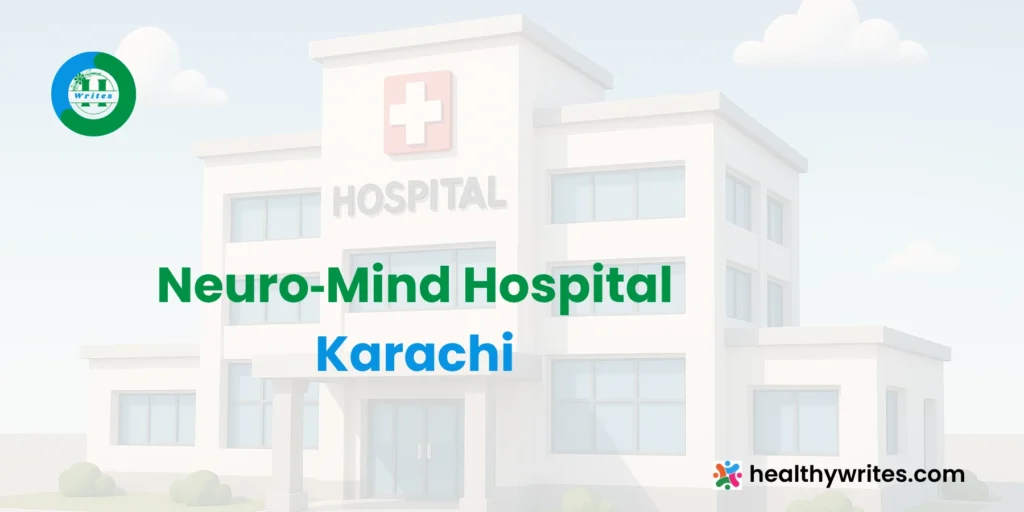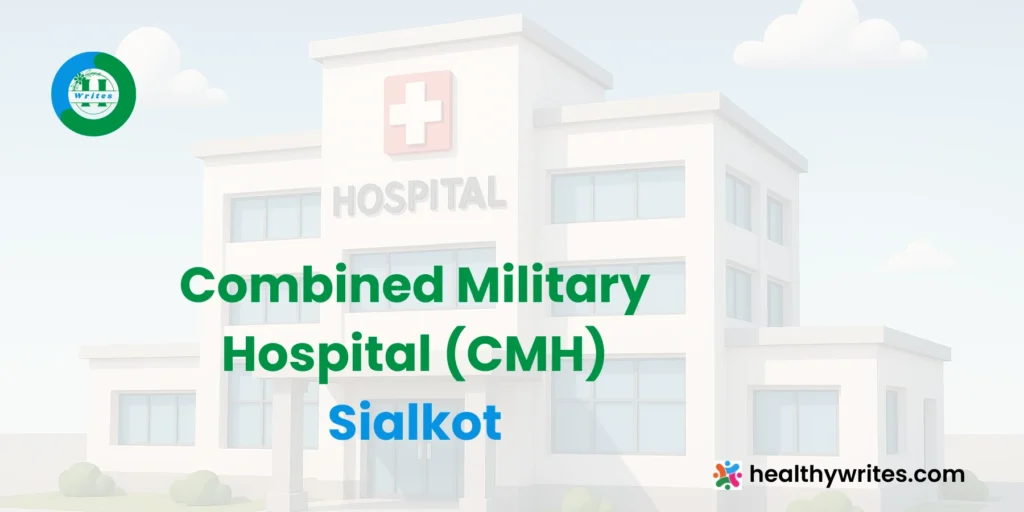The Sindh Institute of Cardiovascular Diseases (SICVD), formerly known as the National Institute of Cardiovascular Diseases (NICVD), is Pakistan’s largest public-sector tertiary cardiac center. Established in 1963 and renamed in 2022, it operates a central hospital and a province-wide network—delivering free-of-cost cardiovascular care through 10 hospitals and 22 chest‑pain units across Sindh
📍 Location & Network
The flagship hospital is situated in Karachi, with additional satellite centers in Sukkur, Larkana, Hyderabad, Tando Muhammad Khan, Mithi, Khairpur, Sehwan, Nawabshah, Lyari, and soon Benazirabad :contentReference[oaicite:1]{index=1}. The institute also operates 22 chest‑pain units strategically located across urban and peri‑urban areas for acute intervention
🏥 History & Governance
- Originated in 1956 at JPMC Karachi as a central heart clinic; expanded into a full-fledged cardiac institute in August 1971 with international support
- Nationalized in 1979 and operates as an autonomous body under Sindh’s governance, chaired by the provincial Chief Minister
- Renamed SICVD in April 2022 to reflect its provincial identity
💉 Capacity & Services
Gy providing over 4,000 cardiac surgeries, 17,000 angioplasties, and treating nearly 2 million patients annually, SICVD ranks among the world’s largest free cardiac care networksit also leads the region in stroke thrombectomy services, pioneering clot-removal procedures for stroke patients
- Central Karachi Center: Multiple cath labs, CCUs, ICU/HDU, operating theatres, advanced labs, imaging (including MRI), and live-feed cath control facility via PACS
- Satellite Hospitals: Facilities like Sukkur (300 beds), Lyari, Mithi, among others, include 24/7 emergent cardiac care, interventional cardiology, adult and pediatric cardiology services
- Chest‑Pain Units: Immediate chest pain management and stabilization across 22 locations
🔥 Technology & Innovation
- Live remote viewing of cath‑lab procedures across satellite centers via PACS
- Full hospital information system, ERP, PACS, online results, centralized database, and secure IT infrastructure
- Advanced diagnostics including MRI, CT, echocardiography, ECG, stress testing, and electrophysiology labs
👩⚕️ Education, Training & Research
SICVD offers training and fellowship programs in cardiology, interventional cardiology, cardiac surgery, pediatric cardiology, electrophysiology, critical care, and anesthesia across Karachi and satellite centers
✅ Strengths
- ✔ Largest free cardiac care provider globally, treating millions annually with zero cost
- ✔ Extensive provincial network ensures accessibility to high-quality cardiac services.
- ✔ Cutting-edge diagnostics and remote monitoring improve patient outcomes.
- ✔ Training hub contributing significantly to Pakistan’s cardiology workforce.
⚠️ Challenges & Opportunities
- High patient load strains capacity—continuation of expansion plans essential
- Funding pressures—though large government grants (Rs 4 bn) have recently been used to clear liabilities
❓ FAQs – SICVD / NICVD
Is cardiac care really free?
Yes—all services are provided free of charge to 95–100% of patients—covering diagnostics, medications, interventions, surgeries
What services are available?
These include emergency cardiac care, cath lab procedures, angioplasty, pacemaker implants, bypass surgeries, electrophysiology, adult and pediatric cardiology, stroke intervention, and rehabilitation.
How do I access care?
Direct presentation to the main Karachi center or nearest satellite/chest‑pain unit; emergency services are open 24/7.
Does SICVD train professionals?
Yes—from house officers to post-fellow levels, covering a wide range of cardiology and surgical disciplines across multiple centers
🔍 Conclusion
SICVD represents a landmark in Pakistan’s public healthcare—offering free, advanced cardiovascular care through a vast and technologically integrated network, while also serving as a leader in medical education. Continued investments in capacity, IT, and specialist development are key to sustaining and enhancing its invaluable service to millions.
